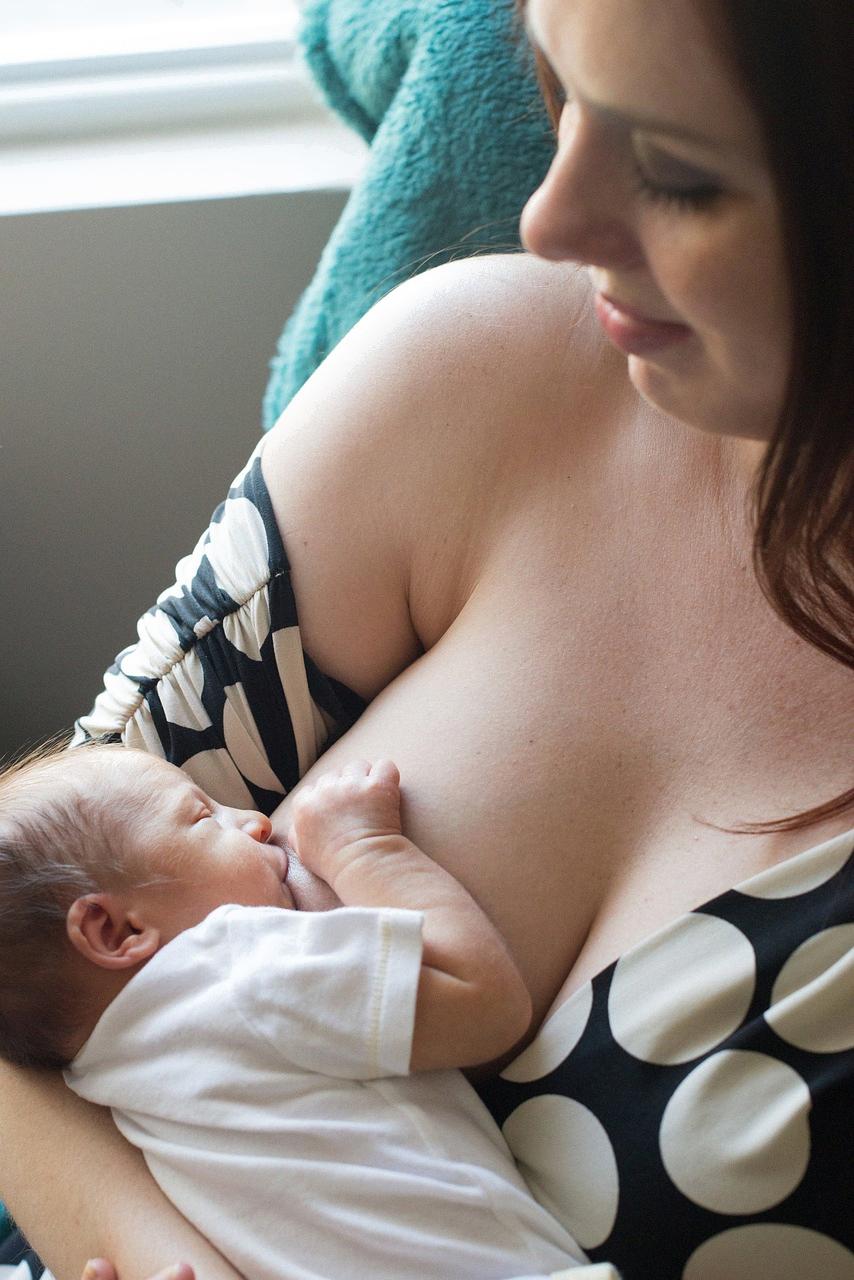When it comes to caring for a breastfed baby, it is crucial to find the right balance in feeding to ensure their optimal health and well-being. One common concern that many parents have is whether overfeeding a breastfed baby can lead to vomiting. Let’s delve into this issue and shed light on the potential consequences of overfeeding.
The Potential Drawbacks of Overfeeding
Overfeeding a breastfed baby can have several negative effects on their health. Infants who are fed too much may experience vomiting, as their bodies struggle to digest an excess amount of milk. This overconsumption can lead to discomfort, a tight abdomen, and excessive crying after feeding.
The Role of Infant’s Digestive System
Understanding the digestive system of a breastfed baby is essential in comprehending the impact of overfeeding. Infants have small stomachs that can only hold a limited amount of milk at a time. When they are fed more than they can comfortably digest, it can trigger regurgitation and vomiting.
Signs of Overfeeding in Breastfed Babies
It is crucial for parents to be aware of the signs that a breastfed baby may be overfed. Some common indicators include frequent vomiting or spitting up, excessive weight gain, gassiness, fussiness during and after feeding, and difficulty sleeping due to discomfort.
Establishing Healthy Feeding Practices
To prevent overfeeding and its associated consequences, it is important to establish healthy feeding practices for breastfed babies. This includes feeding on demand, allowing the baby to dictate their hunger cues, and ensuring proper latching and positioning during breastfeeding.
Consulting with Healthcare Professionals
If parents suspect that their breastfed baby is being overfed and experiencing vomiting as a result, it is advisable to seek guidance from healthcare professionals. Pediatricians or lactation consultants can provide valuable insights and support in managing the baby’s feeding habits.
Addressing Underlying Issues
It is essential to consider any underlying issues that may be contributing to overfeeding and vomiting in breastfed babies. These could include overactive letdown, oversupply of breast milk, or feeding on a schedule rather than responding to the baby’s hunger cues.
Importance of Responsive Feeding
Responsive feeding plays a crucial role in ensuring that a breastfed baby receives the right amount of milk without being overfed. By paying attention to the baby’s cues, such as rooting, sucking, and swallowing, parents can provide the appropriate amount of milk during each feeding session.
Seeking Support and Guidance
Parenting a breastfed baby comes with its own set of challenges, and it is essential for parents to seek support and guidance when needed. Joining breastfeeding support groups or seeking advice from experienced parents can offer valuable insights and reassurance.
Establishing a Feeding Routine
Creating a feeding routine that aligns with the baby’s natural hunger cues can help prevent overfeeding and vomiting. By following a flexible schedule based on the baby’s needs, parents can ensure that the baby receives adequate nourishment without being overwhelmed.
Monitoring Baby’s Growth and Development
Regularly monitoring the baby’s growth and development can provide valuable information about their feeding habits and overall well-being. By tracking weight gain, diaper output, and feeding patterns, parents can assess whether their baby is receiving the right amount of milk.
Conclusion
In conclusion, overfeeding a breastfed baby can indeed lead to vomiting and other negative consequences. By being mindful of the baby’s cues, establishing healthy feeding practices, and seeking guidance from healthcare professionals when needed, parents can ensure that their baby receives the right amount of milk without being overfed.

